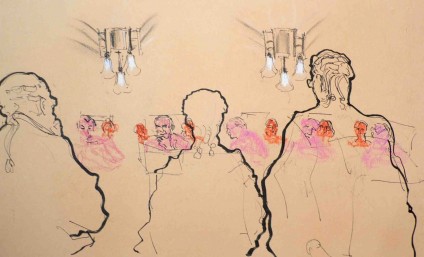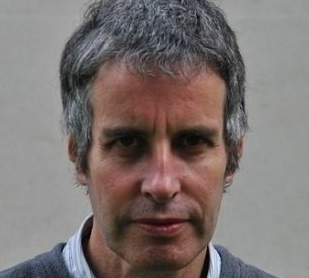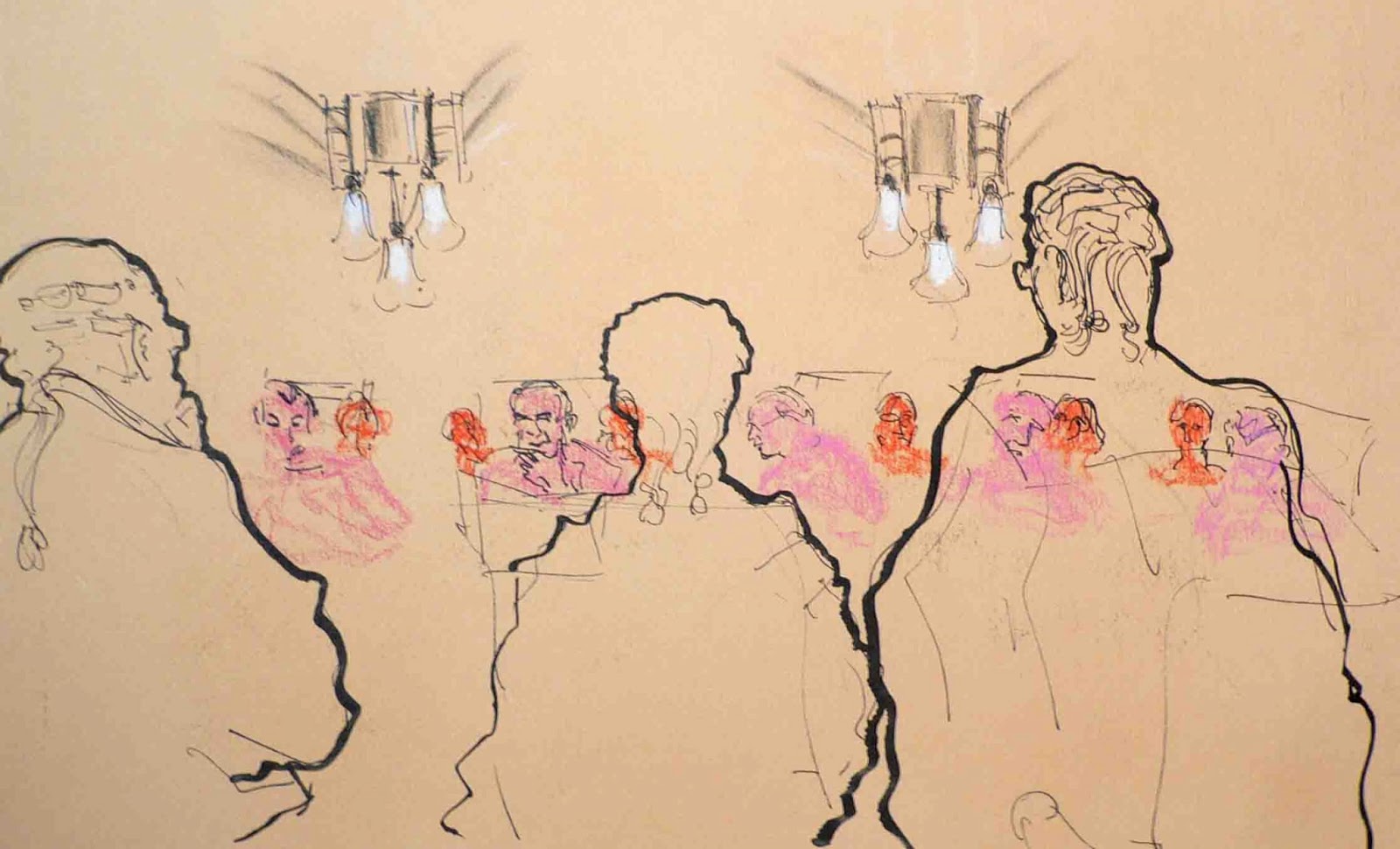Since the pronouncement of the disbanding of the Innocence Network UK (INUK), at least in the form in which it has existed up till now, a number of articles and commentaries have emerged in relation to the value, credibility and the future of university innocence projects in the UK.
Changes may emerge from the current situation which may involve name and remit changes and new structures for pro bono student work in this field. It may also provide a timely opportunity for universities to close down their activities in this overwhelmingly difficult field of endeavour and perhaps lead to a greater role for new organisations such as the Centre for Criminal Appeals (see here and here).
I fully support anything that increases the chances of innocent people being exonerated but our expectations must remain in context and we should think very carefully before throwing away the principles on which INUK was founded. Those principles, naive and idealistic as they may be, nonetheless provide an ethical and humane working foundation based on a real understanding of the uncertainties and logical frailties of the criminal justice system.
This article will attempt to address three questions:
- What is meant by “innocence” as opposed to “safety”?
- Why do Innocence projects have no success in overturning convictions?
- What is the value of Innocence projects?
What is meant by “innocence” as opposed to “safety”?
In her Justice Gap article, Hannah Quirk reflects the often presented view in relation to the notion of “innocence” as a test for exoneration. To prove innocence, the argument goes, is far harder than showing that a conviction is “unsafe”.
What “unsafe” means is problematic in itself and seems to just reflect the prevailing thinking of the Court of Appeal. That apart, this view is obviously correct – proving innocence (or guilt in fact) is usually impossible compared to showing unsafety which is, in practice, merely almost impossible.
However I would be surprised if anyone ever really meant it in the sense of proving innocence. The approach of looking at cases in terms of innocence does not prevent looking for and presenting arguments about safety. We all know that as things stand we have to play by the archaic rules of the Court of Appeal. Considering a case from the standpoint of innocence however, means evaluating the person, the circumstances and the evidence as closely as possible and as holistically as possible.
If there is evidence of possible innocence or Lord Widgery’s insightful, and therefore much maligned, concept of lurking doubt (R v Cooper 53 Cr App R 82 1968), then there is an ethical and humane basis for supporting the case, whether or not there are circumstances that fit neatly into the Court of Appeal’s rigid appeal criteria.
That is what innocence projects should do, in my view – look at possible innocence as a priority and then try to find potential appeal points. The “danger” in this approach is that one becomes committed to a case for the sake of justice and humanity even if the system provides no avenue for such concepts to be officially recognised.
The name innocence project may be somewhat presumptuous and problematic but it does remind us of the ethical position that should be adopted over and above the legal one. It means caring about innocence and not sacrificing it on the altar of the restrictive rules of appeal.
Why do UK innocence projects have no success in overturning convictions?
It is tempting to answer this question by asking “who does have any success”? The answer to that is “not many people and not very often”. Innocence projects have problems: yes, they lack experience and expertise (so did many of the people who have fronted successful campaigns on individual cases or causes over the years) and they have usually little or no funding, but it must also be remembered that no-one goes to an innocence project as their first choice in preference to professional legal help.
They generally go to innocence projects when all else has failed – they have lost their appeal options and in many cases also been rejected by the CCRC. They have used up their best, maybe their only, arguments. Innocence projects now need to find not fresh evidence or often not even fresh, fresh evidence but fresh, fresh, fresh evidence. Furthermore some of the paperwork has usually been lost over the years and obtaining disclosure of any papers or materials meets immoveable institutional resistance. Lawyers and the media do what they can, sometimes very skilfully and successfully, but innocence projects tend to take the cases they have given up on.
Somehow, despite this, some innocence projects have managed to put together applications to the CCRC which at least are deemed to merit years of investigation/review by the CCRC. In one case an application by an innocence project to the CCRC has been referred to the Court of Appeal and in a few cases projects have assisted CCRC investigations by submitting evidence where they have not made the submission themselves to the CCRC.
But the greatest problem lies in the appeal process itself, its irrational belief in the infallibility of the jury and its demand for a few neat, precise, new and compelling appeal points rather than an appreciation of the holistic picture.
Miscarriages of justice are rarely like that; they are often a complex package of inter-related misinterpretations involving a range of factors from inaccurate science to unreliable witnesses. At least innocence projects reveal this unpalatable truth and the system’s denial of it.
What is the value of innocence projects?
Without doubt innocence projects are a successful educational resource, not only giving students experience of real cases and their complexities and uncertainties but also often a healthy disillusionment with the current system. They learn about the often flimsy and frequently extremely murky nature of evidence that can convict people of the most serious crimes and how, once believed by a jury, this cannot be effectively questioned.
Innocence projects can give hope to those without hope by starting with a blank sheet to look afresh at a case. They should not throw out a case because it raises nothing new or because there do not appear to be grounds for appeal. This “ethical” commitment as opposed to the “legal” commitment is perhaps what makes innocence projects different from pro bono law clinics, criminal appeal centres or whatever other name might be used. Regardless of names used, it would be a sad development in my view if this ethical and radical element of innocence projects was lost in the changes that will inevitably come about.
Having said that, it seems that according to Michael Naughton’s pronouncement about the discontinuance of the Innocence Network UK (here), such a notion had already been abandoned.
I was saddened to read, particularly coming from one of the great past champions of ethical and radical thinking on this issue, that those innocence projects within INUK – our Cardiff project has not been a member since 2010 – had become so selective that “eligible cases are drying up”.
In a climate where injustice seems to be escalating throughout the criminal justice system this was an astonishing conclusion. It was all the more astonishing because two different criteria are quoted in the same article but both seem designed to exclude almost every case that might apply:
Point 4 of the first section of the announcement:
“The eligible cases are drying up. In the last year only a few of the couple of hundred applications that we have assessed have been deemed eligible; the applicant may be innocent and there is something that we can do to prove or disprove the claim.”
Point 3 of the second section:
A case is eligible when “ further investigation by a member innocence project may fulfil the CCRC’s or the SCCRC’s referral criteria”.
It is not clear when these (or which one of them) were adopted by INUK but either would create a situation where INUK is at least as, if not more, selective than the CCRC – a body rightly criticised (especially by Dr Naughton) for its restrictive remit and interpretation of that remit.
Our experience of casework is that you can rarely conclude guilt or innocence or the prospects of evidencing these without a thorough study of the case and often not even then. Andrew Green on the JusticeGap rightly points out that the INUK criteria amount to pre-judging cases and is of course likely to exclude many meritorious cases. To do this flies in the face of what INUK and innocence projects were supposed to stand for – they end up acting like the very institutions whose failure to address the problem led to INUK’s creation.
The figures quoted in the pronouncement are revealing: 1,348 requests for assistance since INUK’s formation, 827 of these assessed (what happened to the other 521?) and only 129 deemed eligible. I would suggest that the numbers eligible have reduced substantially since the introduction of the new criteria (whenever that was?). Even then if I had 129 cases on my desk I would be drowning not drying up.
It is true that there has not been a single exoneration in a case initiated by an innocence project case in the UK. A few cases where innocence projects have been involved or made a contribution have got through the barrier of the CCRC only to be rejected by the Court of Appeal. But this must be seen in the context of an almost impossibly restrictive appeals system and the fact that innocence projects tend to take up the cases that lawyers and the media have been unable to help. Some of these people are indeed innocent and remain victims of an intransigent system: the small comfort they have is that at least someone is trying.
As one prisoner put it to me – at least somebody gives a damn. Curiously our Cardiff innocence project, despite no successful track record (well, one referral by the CCRC to be heard soon by the Court of Appeal), still has almost universally-grateful clients who frequently express their appreciation and compliment the quality of our work, while realising it may still get them nowhere. The world of innocence projects is a strange one full of ethical dilemmas, but if nothing else, it alerts young people with a conscience to the appalling fact that our society tolerates and perpetuates the conviction and imprisonment of innocent people, a truth so unpleasant that it is frequently internally and institutionally denied.
The sad fact is that we can change names, create new organisations, try to be more professional and all the rest, but nothing will work but for the odd fortunate case, until there is a public will to address the problem and legislation to create a fairer and more rational appeal system. Innocence projects are not to blame for the lack of success – the casuistry of the system is. Is it worth continuing in the face of seemingly impenetrable resistance? As long as we are honest with ourselves and with our clients, I believe it is. As one victim of the system said to me “false hope is better than no hope”, although that in itself raises ethical issues for us. I hope our students will believe that even a seemingly hopeless cause, if it is a humane and just one, is better than no cause at all.








